How Blackberry Farm Changed the Way 5-Star Resorts Think About Luxury
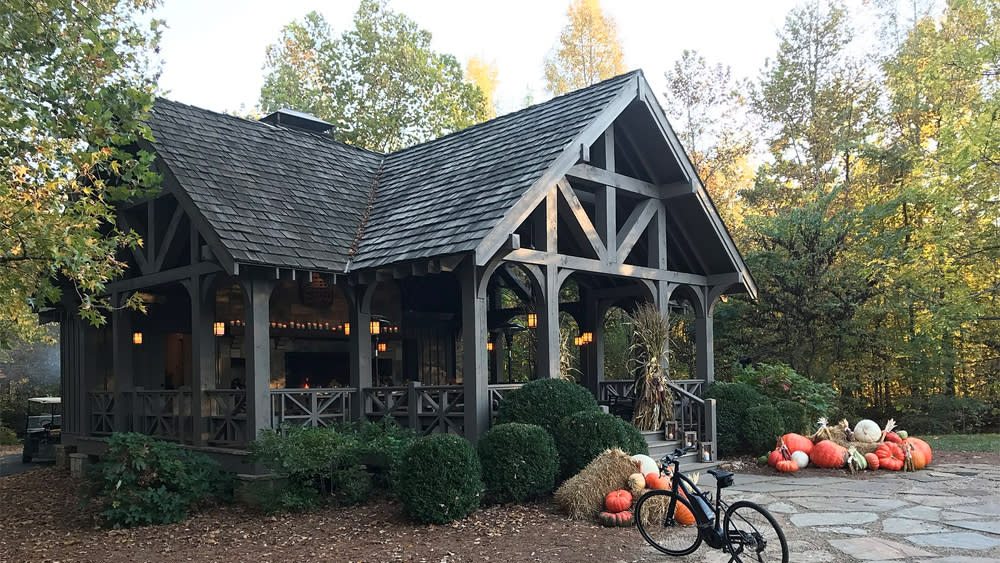
“Farm to table” is now an eye-rolling cliché. In the 1970s, it was revolutionary. But even when Blackberry Farm opened in 1990 in Walland, Tenn., it wasn’t yet part of the corporate vocabulary. Not only was it ahead of its time, but it would help shape what was to come.
Today, the luxury hotel on 4,200 acres in the foothills of the Great Smoky Mountains has evolved into one of the most celebrated destinations in the United States, a member of Relais & Châteaux, and a reliable presence on “best” lists. It markets itself as a place of “breathtaking scenery, decadent cuisine, and pleasurable pastimes” and uses a registered symbol when talking about a “Blackberry state of mind.”
More from Robb Report
Tina Turner Fans Flock to Her Tennessee Museum Where the Her Iconic Outfits Are Now on View
Jack Daniel's and McLaren's F1 Team Tease Their First Limited Edition Whiskey Collab
This Luxury Resort Outside Nashville Is Drawing Well-Heeled City Slickers to a Working Farm
It’s an idea that has since been endlessly replicated. Even its longtime owners, the Beall family, have launched two Blackberry spinoffs, In 2018, they opened Blackberry Mountain, also in Walland. In 2021, they revitalized High Hampton Resort, in North Carolina’s Blue Ridge Mountains. And plenty of other resorts have taken a page from its playbook.
So what is their secret sauce—the thing that led to this transformation of homespun American hospitality? What is it about this place that convinced the super-rich to get off the beaten path and onto a working farm in East Tennessee? They aren’t telling. A spokesperson for Blackberry Farm declined Robb Report’s request for an interview.
So we turned to industry experts. Bjorn Hanson is a lodging industry researcher and consultant who founded the hospitality and leisure practice at PwC and was divisional dean of NYU’s Tisch Center for Hospitality, Tourism, and Sports Management. He’s never worked for nor visited Blackberry Farm, but he’s seen it transform the industry.
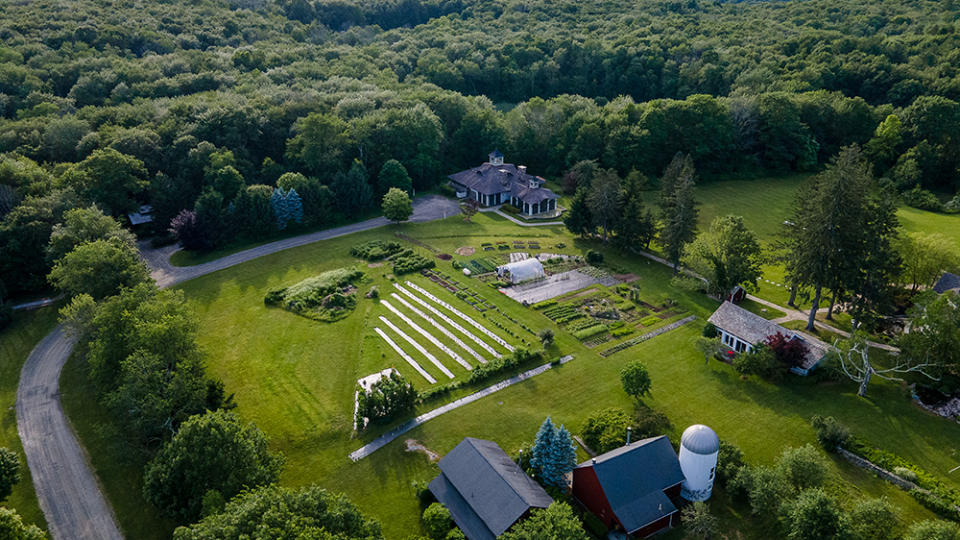
First, he says, it’s not part of any brand, which means that it can follow the Bealls’ long-term vision rather than any “brand strategy.” That also means saving on costly brand fees. Those savings can instead be invested in, say, a really good website, which it has, according to Hanson.
Another advantage: It’s small—only 68 rooms—which gives it a feeling of intimacy and a high level of service. Finally, its rural location means a lower cost of doing business, and investments in media presence that have paid off.
He says that again and again hospitality groups come to him asking about how they can get a little of that magic.
“None of my clients have said, ‘Let’s copy Blackberry Farm,’” Hanson says. “But they ask what we can learn from them.”
Jan Freitag, the national director for U.S. hospitality analytics at the CoStar Group, says he has had the same experience.
“Leisure travelers are looking for an authentic sense of place, and farmhouse hotels provide that,” he says of Blackberry’s much-imitated model. “While all-inclusive resorts are normally associated with the Caribbean, here customers find a more curated experience with chef-driven menus and activities that connect to the land.”
The market for copy-cats is now booming, bolstered in part by the pandemic. Freitag says room rates in luxury domestic hotels in rural locations are still 30 percent higher than they were in 2019.
Maybe that’s why resorts across the country are adding “Farm” to their names. Consider Single Thread Farm in Sonoma Country, Terra Farm + Manor in Arizona’s Prescott National Forest, Beach Plum Farm in New Jersey’s West Cape May, or the new Nicewater Farm in Virginia’s Blue Ridge Mountains.
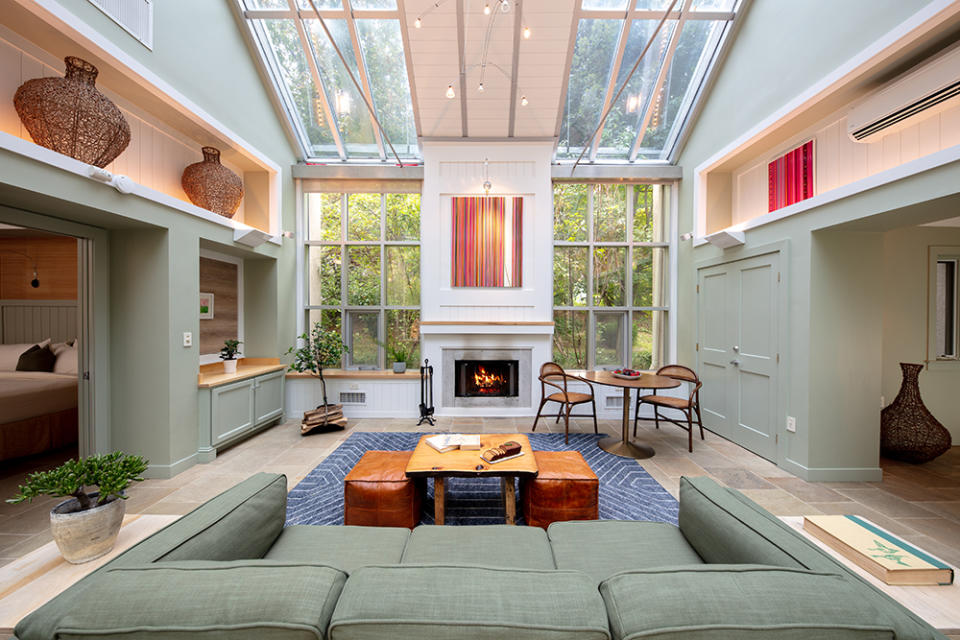
Winvian Farm in Litchfield, Conn., opened as Winvian in the early 2000s and added the “Farm” to its name a few years later. (To be fair, it also added a full-on farm, with three acres and four greenhouses that supply roughly 70 percent of the produce for the hotel.) Manager director Heather Smith Winkelmann is clear that the initiative was the idea of longtime executive chef Chris Eddy.
“He opened my eyes to having clean food,” she says. But the granddaddy of farm resorts was not a bad role model. “Blackberry Farm is phenomenal,” says Smith Winkelmann. “I have to give credit to Chris” for championing the farm concept. But “Blackberry Farm is in general an inspiration in everything they do.”
Back in Tennessee, the new Southall Farm and Inn is perhaps the clearest example of this new crop of farm hotels. The passion project of former financial securities trader Paul Mishkin, the resort began with a vacation to Nashville and Middle Tennessee.
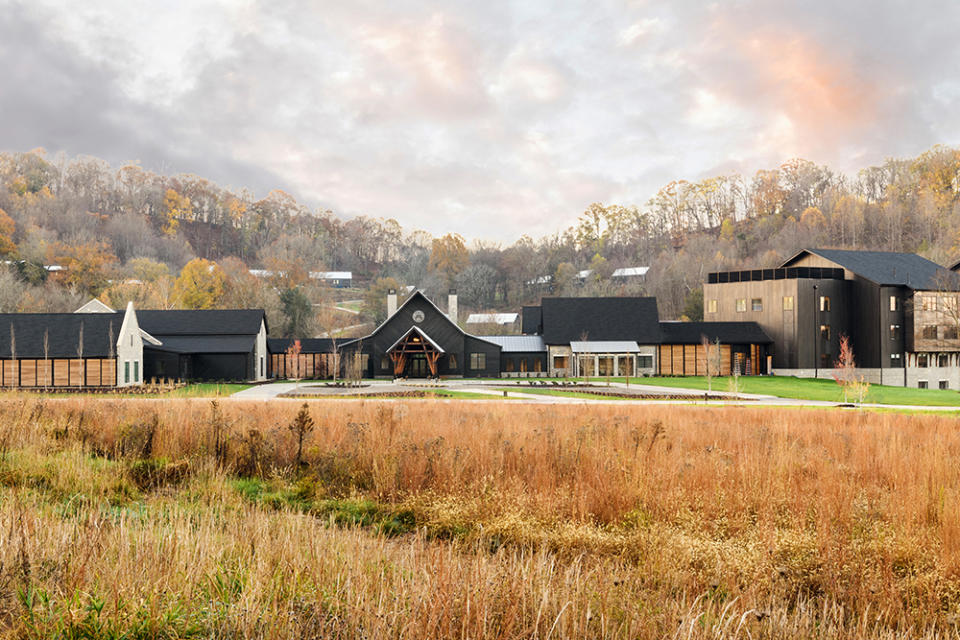
“I saw the beauty and potential of the land in Franklin, and we ran with it,” he recalls. “There are so many opportunities in the beautiful countryside, and with Nashville booming nearby, I saw an opportunity to bring the hospitality I’ve experienced and enjoyed in other cities by developing something here.
“Southall was not some preconceived idea. Initially, all we wanted was land with a farm: grow food for our family and friends and give the rest away. After we bought the first piece of property, we looked around and wondered, ‘What else could work here?’ Then we talked to people who had lived in the area for years, and one thing led to another.”
As for comparisons with Tennessee’s other, more famous farm resort, he says, “Blackberry Farm has an incredible reputation, and given its location in Tennessee and the nature of the property, we get this question quite often. We feel honored to be compared to such an amazing property.”
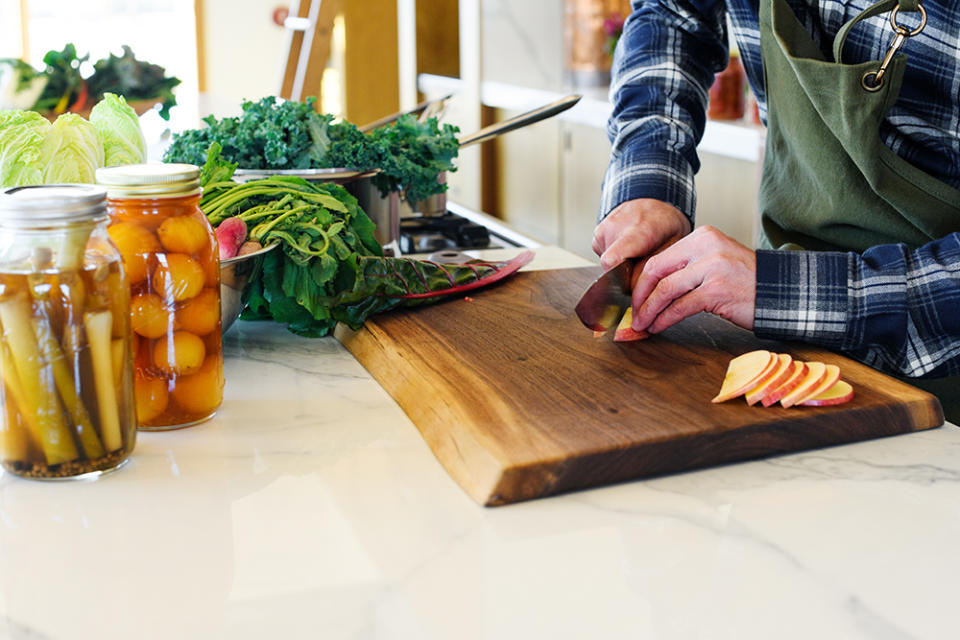
While Southall has some big differences—starting with its proximity to the urban energy of Nashville—it has some unmistakable similarities.
“Many aspects of Blackberry were an inspiration,” says Mishkin. “From the cottages to the inn to the dining and spa experiences, I understand why people continue to visit Blackberry Farm year after year.”
But is the secret out? Will the real Blackberry Farm please stand up? No, need. The reality is that Blackberry Farm got there first, and that makes all the difference.
“Customers have voted with their wallets,” says Freitag.
Best of Robb Report
The Ultimate Miami Spa Guide: 15 Luxurious Places to Treat Yourself
The 7 Most Insanely Luxurious Spas in the World, From Tokyo to Iceland
17 Reasons the Caribbean Should Be at the Top of Your Travel Itinerary
Sign up for Robb Report's Newsletter. For the latest news, follow us on Facebook, Twitter, and Instagram.

